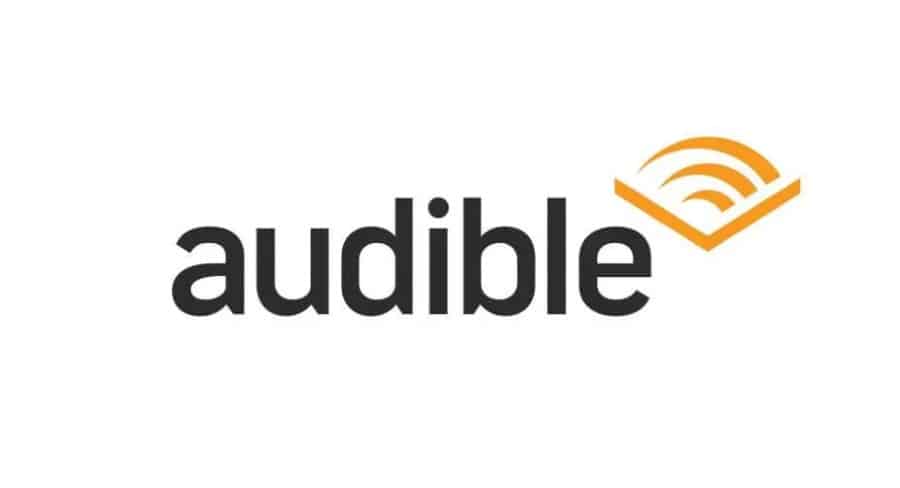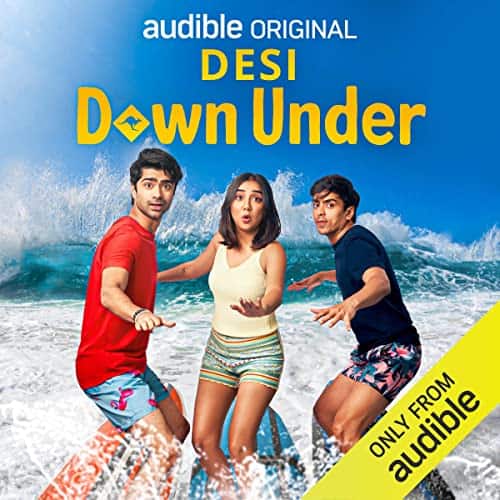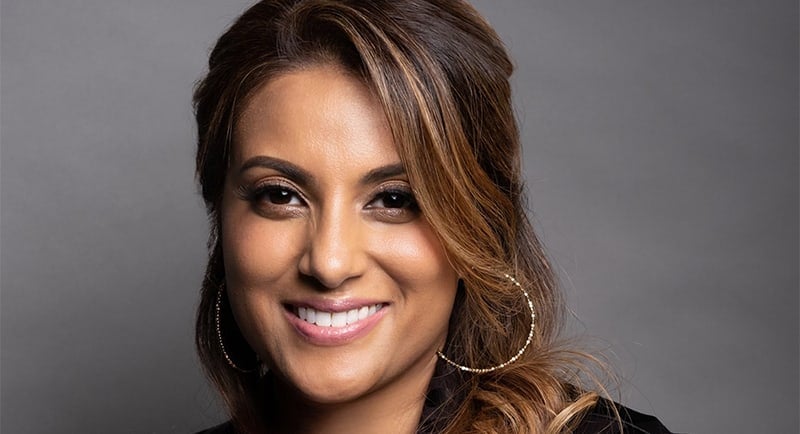When speaking about diversity and inclusion in Australian media, people’s first thoughts often go to the people on our screens – you can’t be what you can’t see, as the saying goes. This is equally true when you’re working in non visual mediums.
Mediaweek spoke to Audible’s head of content, APAC, Karen Appathurai Wiggins, about the platform’s commitment to diversity and inclusion via cross-cultural storytelling.

Appathurai Wiggins says that Audible’s commitment to diversity and inclusion is reflected in the content that the company produces and promotes in Asia Pacific.
“We have a specific way of looking at diversity and inclusion through the content that we make, it’s not dissimilar to the way that we make it across our company. In fact, it’s very informed by the values that Audible has as a company – we believe that content should be reflective of the society and communities that we live and work in. Diversity is at the heart of that approach.
“We are committed as a company, and I am personally, to amplifying culturally and linguistically diverse voices and performers. We want to really encourage a range of voices to come out. When I say voices, it could be the people writing the shows, the authors, or the people who are actually on the mic narrating.”
One of the most recent examples comes in the form of Desi Down Under, a coming-of-age, nine episode Audible Original series set on the shores of Sydney.
“Desi Down Under is a dual Australian-Indian production that we’re doing, I think that’s a really good example of looking at diversity and inclusion in all its forms,” says Appathurai Wiggins. “It’s a unique audio exploration that takes place across two countries, India and Australia, but also required two teams to work across those countries. It crosses borders, not just geographically, but also in the themes that come through in that content.”

Behind the scenes, Appathurai Wiggins says that Audible works closely with creators to ensure that their stories are accurately represented and portrayed.
“We look at consultation, and recognise that the people that we have in our teams at Audible are all really really fantastic at the work that they do, but there’s always more that we can learn.”
In a wide world of audio products, Appathurai Wiggins points to audiobooks as a format that highlights just how much care the Audible team take with their content.
“Consultation is often one of the key tools that we use when we’re bringing an audiobook to life. We’ll consult with the author to really make sure that we’re bringing a true representation of what they wanted in the book to our audio.
“A good example is After Story by Larissa Behrendt, an Indigenous distinguished professor. The book that she wrote involved Australian Indigenous characters, and so we really consulted with her when it came to anything around accents, pronunciation of the language, and the casting.”
Outside of audiobooks, Appathurai Wiggins points out that the Audible content slate is “so varied,” and that the team is always looking for what comes next.
“We have a lot of incredible people in our organisation, but they really do look after a huge split of genres – we cover everything that you could do in voice, and we’re always looking for the next thing that you can do.
“One of our values at Audible is to study and draw inspiration from culture and technology, so we’re always looking to go outside to really understand the things that we should be exploring next and bringing to the surface.”
When asked how Audible addresses any challenges that come with their commitment to promoting diversity and inclusion in the audio industry, Appathurai Wiggins says that “I don’t know that I would necessarily see it as a challenge, it’s become very clear that diversity and inclusion are themes that we need to consistently address, irrespective of where we are in society.”
“Audible really believes in the value of having diverse voices and opinions in the room, and realises that this really makes for richer discussion, too – and in my case, richer content.
“We amplify a wide range of voices, especially underrepresented voices, and we have a very powerful way to get those underrepresented voices heard. For me, the beauty of Audible – and the beauty of audio in general – is that the experience really lives inside the imagination of the listener. It’s the perfect place to be getting these messages out, but it means that we also need to be really considered in the choices that we make to make sure that the full representative experience is there.”
Walking the walk is just as important as talking the talk for the Audible team, with Appathurai Wiggins pointing to a recent win as an example.
“The Greatest Menace won the Media Diversity Award at the Walkley last year. That award is really a recognition of journalists who are talking about social issues, and underrepresented voices. It’s a really good example of an audio-first work, and a story that probably could only have been told in audio. It reports on prejudice in our society as it uncovers the history of Australia’s only purported gay prison.
“I really see audio as an opportunity to empower creators and to tell stories in a way that they may not be able to be told in film and television.”
–
Top Image: Karen Appathurai Wiggins
